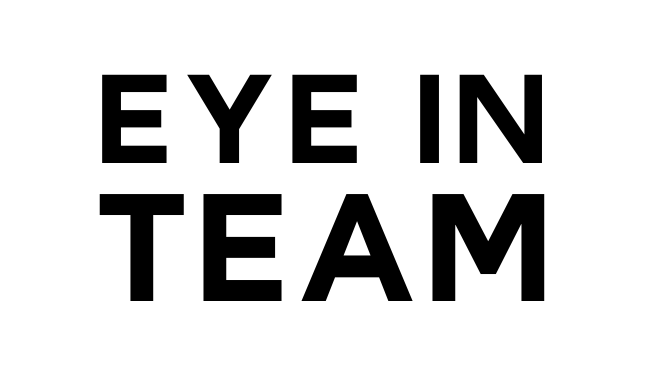Must-have tools for baseball coaches and clubs
Managing a baseball team involves balancing logistics, communication, and player development across practices, games, and team events. Whether you're coaching Little League, school ball, or a travel team, success often comes down to how well the season is organized.
This guide outlines practical steps for managing a baseball team effectively, with tips on rosters, scheduling, communication, and more.
Roster and Role Management
Baseball rosters can vary in size and often require flexible fielding arrangements. Effective roster management starts with:
- Keeping up-to-date player profiles with positions, jersey numbers, emergency contacts, and medical info
- Assigning roles for coaches, scorekeepers, team parents, and volunteers
- Grouping players by age division, skill level, or team
- Ensuring guardian contact info is accurate and linked to each player
- Reviewing past seasons to track development or returning athletes
Organized rosters make team communication and planning easier for everyone.
Practice and Game Scheduling
With fields in demand and games often subject to weather, a reliable schedule is essential.
- Schedule recurring practices, batting cages, and games with time, date, and location
- Include uniform color, equipment needs, and warm-up details for each event
- Offer a shared calendar that syncs to family devices
- Make quick updates in case of weather-related cancellations or time changes
Clear, timely scheduling ensures higher attendance and less last-minute confusion.
Attendance and Availability Tracking
Knowing who’s attending practice or games helps with planning lineups and field positions.
- Request RSVPs from families for each event
- Track absences and note injury, illness, or conflicts
- Identify attendance trends that may inform coaching or game-day readiness
This helps coaches adjust practice plans and game rosters accordingly.
Game Day Coordination
Baseball game days can involve warm-ups, lineup cards, and field setup. Here are a few tips to consider:
- Having quick access to rosters, player info, and contact details
- Planning batting order and defensive positions in advance
- Using a pre-game checklist for gear and uniforms
- Logging performance notes and highlights for follow-up or reflection
A prepared coach creates a more focused and positive game-day experience.
Team Communication
Frequent and clear communication is critical to managing expectations and building team unity.
- Send regular updates with weekly schedules and goals
- Use a central place for sharing announcements, directions, or changes
- Contact families directly when follow-up is needed
- Pin important information like snack signups or weather policies for easy reference
Strong communication leads to fewer misunderstandings and more reliable participation.
Registration and Team Administration
Efficient registration and form collection make the preseason process smoother.
- Register players digitally and collect required waivers or health forms
- Track payments for uniforms, tournament fees, or equipment contributions
- Keep organized records to avoid missing critical items
Reducing paperwork improves focus on team building and preparation.
Uniform and Equipment Management
Uniforms and gear are part of baseball’s identity. Manage equipment with consistency to reduce stress.
- Record uniform sizes, numbers, and any issued gear
- Track returns at the end of the season
- Store data for easy ordering next season
Clear inventory management avoids delays and reduces last-minute confusion.
Volunteer Coordination
Volunteer support—like field setup, scorekeeping, or team snacks—plays a vital role in the team’s success.
- Create clear volunteer roles and signup sheets
- Send reminders before events
- Recognize and thank volunteers regularly
Efficient coordination lightens the load for coaches and builds stronger team culture.
Wrapping Up Your Baseball Season
End-of-season planning ensures a smooth close and prepares the team for future seasons.
- Share team photos, achievements, or highlights
- Thank families and volunteers for their involvement
- Archive season records for easy access next year
- Roll over rosters or copy scheduling templates to save setup time
Closing the season on a positive note strengthens relationships and reinforces player growth.
Running a baseball team requires a mix of planning, structure, and clear communication. With a consistent approach to scheduling, rosters, and family engagement, coaches can provide a supportive and organized environment where players can grow and enjoy the game.
